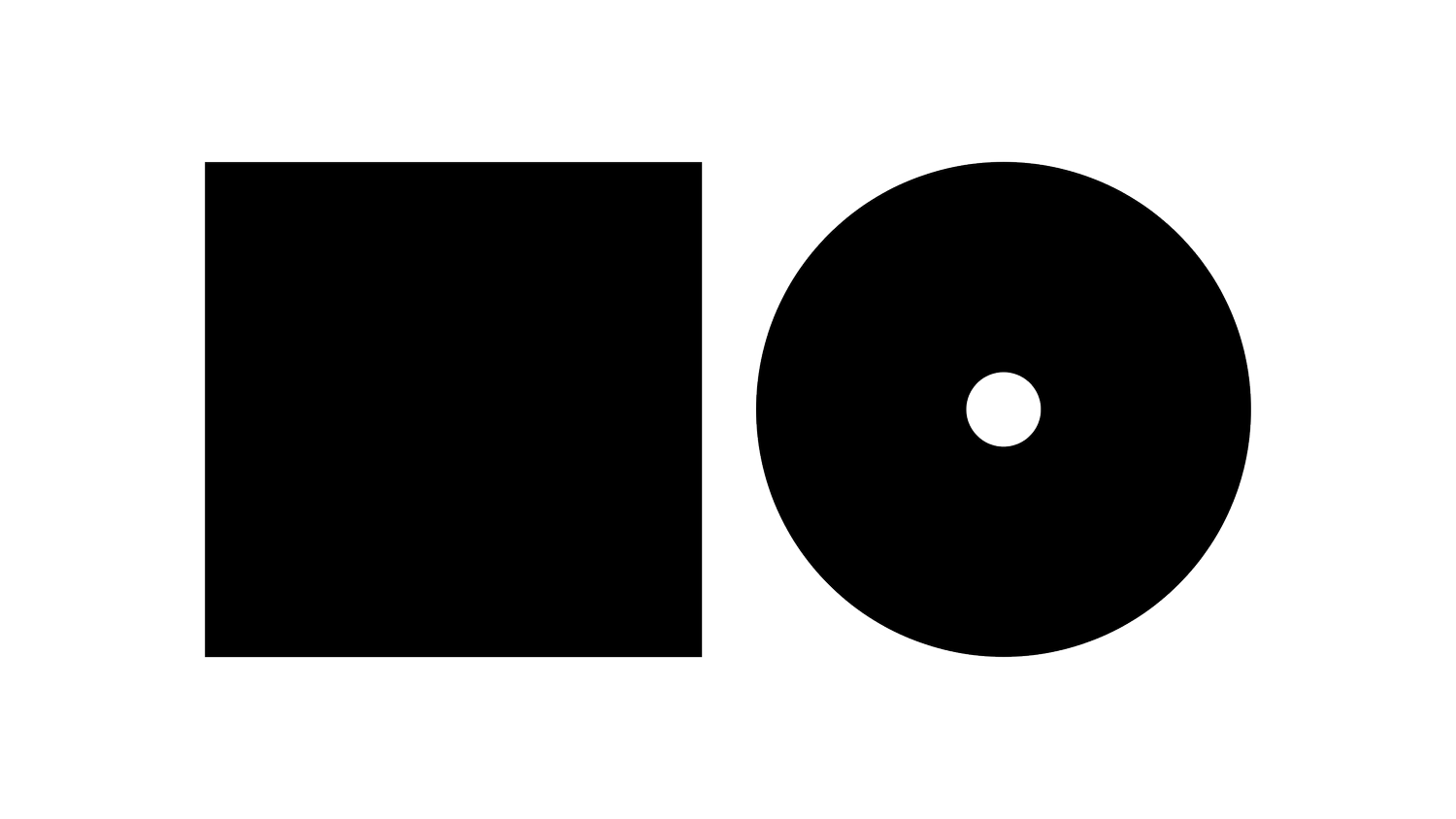P R O L E A R N
Responsible Publishing refers to practices that promote transparency, ethics, and accessibility in academic and scientific communication. It encompasses open access initiatives, ethical guidelines, and efforts to improve the quality and integrity of published research.
Key Characteristics
Open Access: Promoting free and immediate access to research publications.
Ethical Standards: Adhering to principles of research integrity and publication ethics.
Transparency: Encouraging clear disclosure of research methods, data, and potential conflicts of interest.
Benefits
Increased Accessibility: Open access publishing has led to a shift from 70% closed access to 54% open access over the past decade.
Enhanced Research Impact: Open access articles receive 18% more citations than closed access articles on average.
Improved Public Trust: Transparent and ethical publishing practices can enhance public confidence in scientific research.
Challenges and Considerations
Funding Models: Transitioning from subscription-based to open access models can be financially challenging for some institutions.
Quality Control: Ensuring rigorous peer review and editorial standards in new publishing models.
Policy Compliance: Navigating complex and evolving funder and institutional open access policies.
Innovative Approaches
Preprint Servers: Platforms for sharing research before formal peer review, accelerating dissemination of findings.
Data Availability Statements: Requiring authors to provide information on how to access the data underlying their published results.
Blockchain for Peer Review: Using blockchain technology to create transparent and immutable records of the peer review process.
Future Outlook
As responsible publishing practices gain momentum, we can expect to see more stringent policies from funders and institutions mandating open access and data sharing. The integration of AI in the publishing process may lead to more efficient peer review and plagiarism detection systems.
Call to Action:
Evaluate your current publishing practices for alignment with responsible publishing principles. Consider conducting a survey of researchers in your field to assess knowledge, attitudes, and opinions towards open access publishing and potential field-specific platforms.










